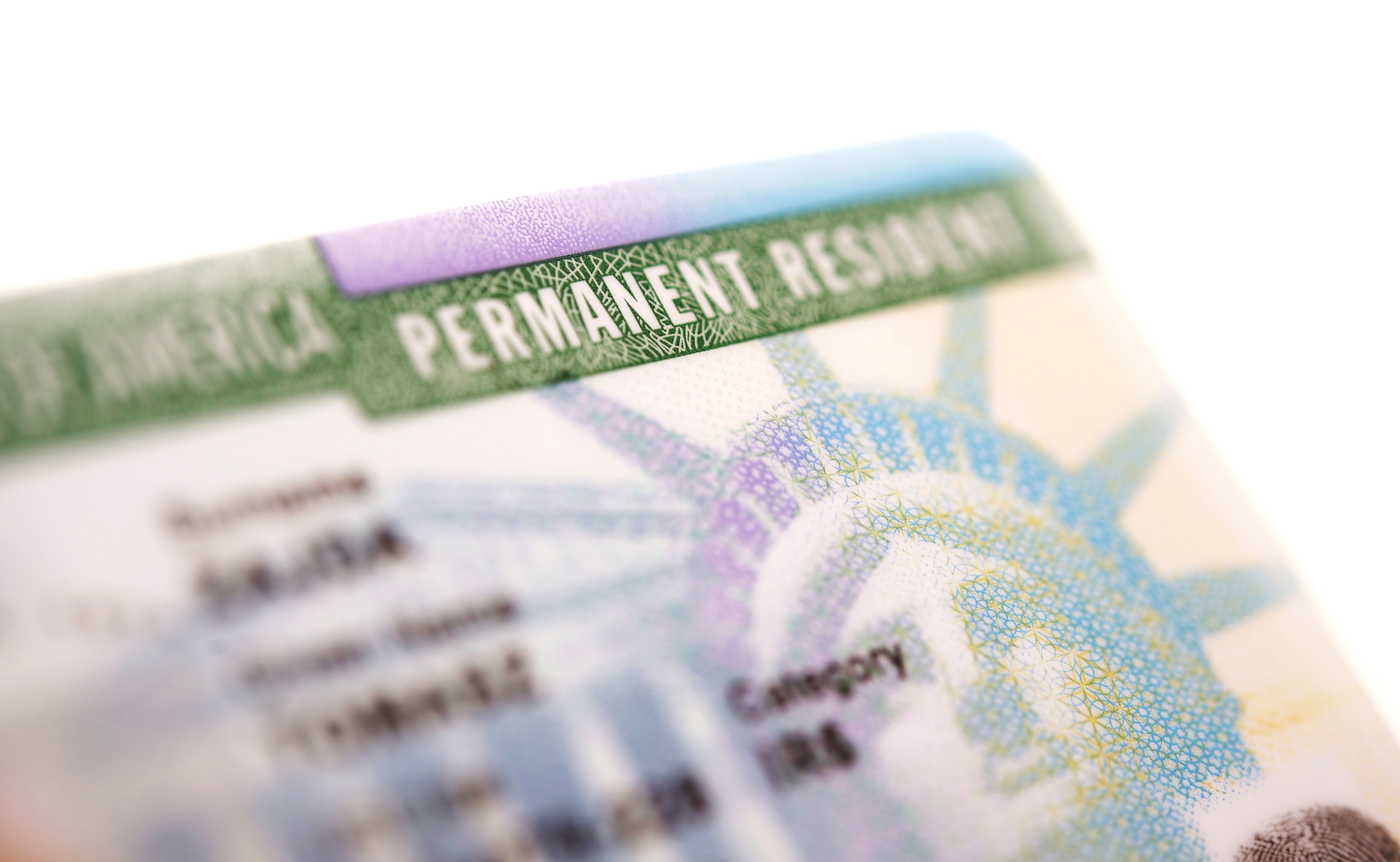A recent Board of Immigration Appeals (BIA) decision bars certain recently arrived noncitizens from becoming lawful permanent residents. In Matter of Cabrera-Fernandez, the BIA held that the petitioner had not been paroled into the United States when the Department of Homeland Security (DHS) released him from immigration detention. Without parole he could not apply for lawful permanent resident status – often called a “green card.”
The decision will impact many thousands of Cubans and others hoping to gain legal status. It also underscores the government’s broad authority to release people arrested after crossing the U.S. border.
What is Matter of Cabrera-Fernandez about?
DHS arrested Mr. Cabrera-Fernandez, a Cuban national, less than one mile from the southern border, about 40 minutes after he had entered the United States without inspection. After detaining him for several days, DHS released him with an order of release on recognizance (Form I-220A). The order said that Mr. Cabrera-Fernandez’ release was authorized as “conditional parole” under Section 236 of the Immigration Nationality Act (INA). DHS put him in removal proceedings.
Mr. Cabrera-Fernandez argued to the immigration judge that even though his order said he was released with conditional parole under Section 236, as a matter of law he could only have been released with humanitarian parole under Section 212 of the INA. This was significant because if he was paroled under Section 212 rather than Section 236, he would be able to apply for a green card under the Cuban Adjustment Act. The immigration judge agreed and allowed him to adjust his status to lawful permanent resident.
On appeal, the BIA disagreed. The BIA held that because DHS put Mr. Cabrera-Hernandez in full removal proceedings instead of fast-track expedited removal proceedings, DHS had authority to choose between release on conditional parole or humanitarian parole. Because DHS chose conditional parole, Mr. Cabrera-Hernandez was not eligible to adjust his status.
The BIA did not address what happens to so-called “arriving aliens” who are released from detention. “Arriving aliens” are people who present themselves at a port of entry (or are stopped at sea) and cannot prove they are entitled to be admitted to the United States. Different rules apply to “arriving aliens” who are seeking release from detention or to apply for adjustment of status.
Why does humanitarian parole matter to a person trying to adjust their status to lawful permanent resident?
Not just Cubans, but most noncitizens already in the United States who want to adjust their status to lawful permanent resident must be either inspected and admitted or “paroled into the United States.” Over a decade ago, the BIA decided that conditional parole did not count as being “paroled into the United States.” For a noncitizen who was not inspected and admitted, only humanitarian parole makes them eligible to adjust.
What is the argument for treating a release on conditional parole as a release on humanitarian parole?
Mr. Cabrera-Fernandez argued that even though DHS claimed to be releasing him on conditional parole it did not have authority to do that. He relied on a 2018 Supreme Court decision called Jennings v. Rodriguez. In Jennings, the Court suggested that recent arrivals who enter without inspection must be held in mandatory detention under Section 235 of the INA—regardless of whether DHS puts them in expedited removal proceedings or full removal proceedings. The only option for release from mandatory detention, the Court said, is humanitarian parole. Therefore, Mr. Cabrera-Fernandez argued that he must have been released on humanitarian parole by operation of law.
The BIA did not meaningfully address this argument.
What does Cabrera-Fernandez mean for noncitizens seeking release from detention?
The BIA emphasized that DHS may release recently arrived noncitizens who entered without inspection and are not placed in expedited removal proceedings on conditional parole under INA Section 236, not just humanitarian parole. This is important because the standard for release on humanitarian parole can be difficult to meet. And because people detained under INA Section 236 are entitled to bond hearings before an immigration judge if DHS denies them release.
Matter of Cabrera-Fernandez is notable not only for its potential impact on people seeking lawful permanent resident status and release from detention. It is remarkable in its brevity. The issues before the BIA were important and complex, yet its entire analysis was just under three pages. It is inevitable that these issues will be raised in the federal courts of appeals—and possibly even make their way to the Supreme Court. But for now, the law is what the BIA says it is.
FILED UNDER: green card













